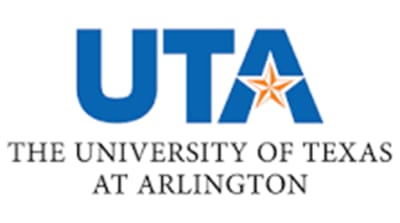
University of Texas - Arlington

Introduction
The University of Texas at Arlington is a growing research powerhouse committed to life-enhancing discovery, innovative instruction, and caring community engagement. An educational leader in the heart of the thriving North Texas region, UT Arlington nurtures minds within an environment that values excellence, ingenuity, and diversity.
Whether providing an unparalleled education for its over 56,000 students or addressing important societal challenges, the University is in the business of improving the quality of life in Texas and beyond. Of UT Arlington's 200,000 alumni, about 65 percent live in North Texas and contribute to the University's annual economic impact of $12.8 billion in the region and $13.6 billion in the state.
English Language Requirements
Certify your English proficiency with the Duolingo English Test! The DET is a convenient, fast, and affordable online English test accepted by over 4,000 universities (like this one) around the world.
Locations
- E.E. Davis Hall
E.E. Davis Hall, 701 S Nedderman Dr, Arlington, TX 76019, USA, 76019, E.E. Davis Hall
Programs
- M.Ed. in Special Education
- MS in Health Care Administration
- Master of Science in Athletic Training
- Master of Science in Biology
- Master of Science in Biomedical Engineering
- Master of Science in Business Analytics
- Master of Science in Engineering Management
- Master of Science in Human Resource Management
- Masters of Architecture(March)
- Masters of Art - Master's
- Masters of Business Administration